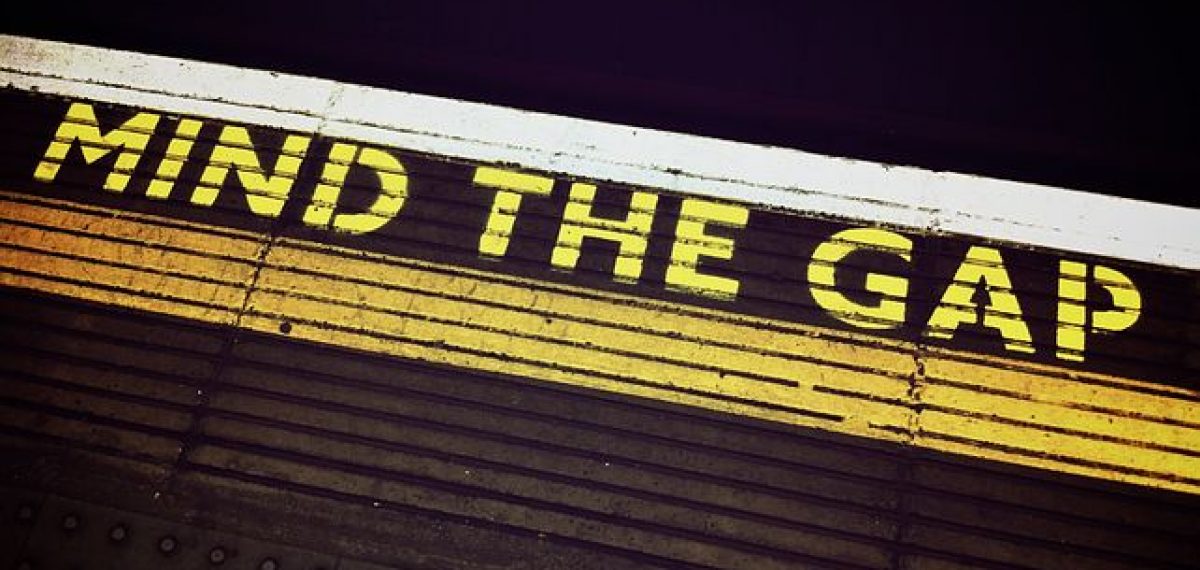There is a broad range of reasons for taking a career break, from travelling and sickness, to family issues and dismissal. But employers and recruiters are no strangers to this, and so a career gap on your CV should never put you off applying for a new job. It can be extremely advantageous if you know how to paint it in the right light.
To help you out, here are some recruiter-approved ways to address a career gap on your CV.
Positively address your career break
When addressing your reasons, it’s important to put a positive spin on things to show prospective employers that you’re ready to re-enter the workplace.
In addition to briefly mentioning your reasons in a positive light, showcase what you learnt from your time out of work. Include constructive elements where possible, such as the soft skills you developed and any setbacks you overcame, to prove that this experience has prepared you for the next steps in your career.
Format your CV to make it work for you
There are a few CV formatting tricks to help you explain your career gap professionally, or avoid having to address it at all explicitly.
If you have been out of work for several months, or even years, it’s best to address your career break in your work history section, the same way you would a position of employment. You could set it up like so:
mmm yyyy – mmm yyyy Career break
Underneath, write a couple of sharp lines that explains your career break in a positive fashion.
If your career gap was quite a short stint, you could tweak your employment history to show the years you were in each job, rather than months and years, to mask the gap. However, don’t try and bend the truth to cover up the break entirely. This is likely to do more harm than good.
Tailor your experience to the role
Tailoring your CV to every vacancy you’re applying to is a must. Otherwise, you’re unlikely to show recruiters your true potential.
Targeting your CV is even more essential if you have a career gap. Some employers may read a career gap as a negative, and so you must showcase your most relevant skills to prove why you’d make such a fantastic hire.
Zoom in on essential requirements listed in the job description. If you can show how you developed these skills throughout your career break, via a training course, for example, that’s a bonus.
Be honest
It can be tempting to disguise a career break on your CV, especially if you were dismissed from your last role. However, being honest is a must. If you’re hired, and your new employer finds out later down the line, you could be in a rather sticky situation.
When explaining the reasons for your career gap, remember to be candid and respectful to signal to employers that your career goals are refocused, and you’re ready for a new opportunity.
Laura Slingo is Digital Copywriter for the UK’s leading independent job board, CV-Library. For more expert advice on job searches, careers and the workplace, visit their Career Advice pages.



